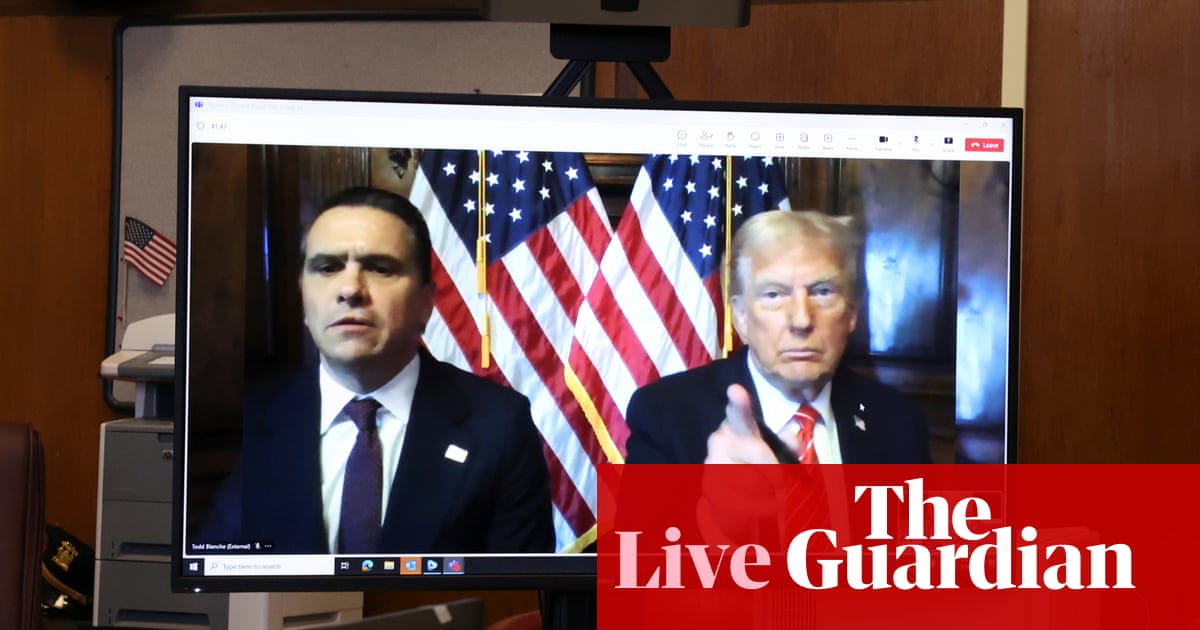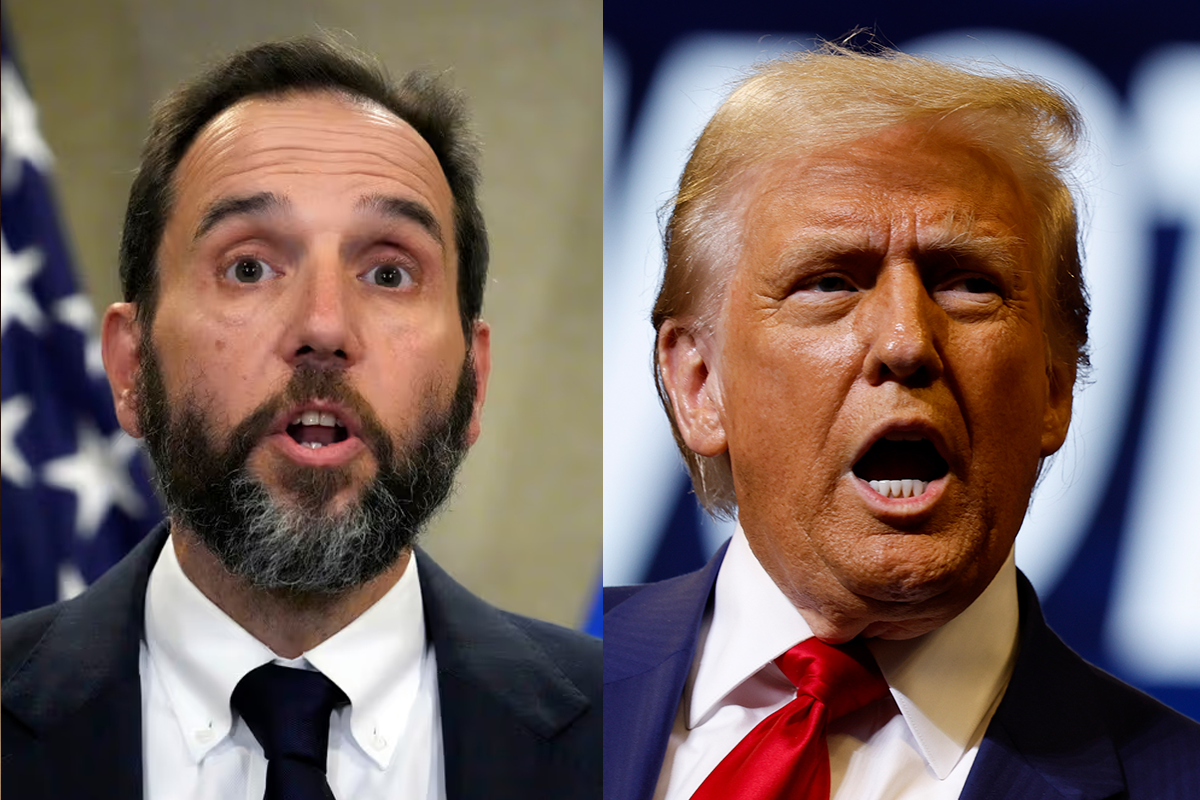



On January 10, 2025, Donald Trump made history by becoming the first U.S. president to be sentenced as a felon. In a significant ruling, Judge Juan M. Merchan sentenced Trump on 34 felony counts related to falsifying business records in connection with hush-money payments to Stormy Daniels. However, Trump received an unconditional discharge, allowing him to avoid jail time, fines, or probation [9420646d].
The judge cited Trump's recent presidential election victory as a factor in the sentencing decision, which has sparked debate about the intersection of legal accountability and political power. Trump, who has consistently maintained his innocence, described the case as a 'despicable charade' and asserted that there is 'no case' against him [9420646d].
The prosecution, led by Manhattan District Attorney Alvin Bragg, has been criticized by Republican House Speaker Mike Johnson, who condemned it as a politically motivated witch hunt. This sentiment reflects a broader narrative among Trump's supporters, who argue that the legal proceedings are an attempt to undermine his political ambitions [9420646d].
As Trump navigates his presidency, he has announced plans to separate from his family business to avoid potential conflicts of interest. This decision comes amid ongoing scrutiny of his legal challenges and their implications for his administration [9420646d].
The implications of Trump's legal battles extend beyond his personal circumstances. Special Counsel Jack Smith has indicated that he will continue prosecuting Trump regardless of his electoral status, raising questions about the future of democratic norms in the United States [5a166933]. The Supreme Court's recent rulings regarding presidential immunity have intensified discussions about how future presidents might handle legal issues while in office [e80d8739].
As Trump embarks on this unprecedented journey, the interplay between his legal accountability and political ambitions will be closely monitored, potentially setting a significant precedent for how the U.S. navigates the complexities of law and governance in the years to come [4e22d6b2].